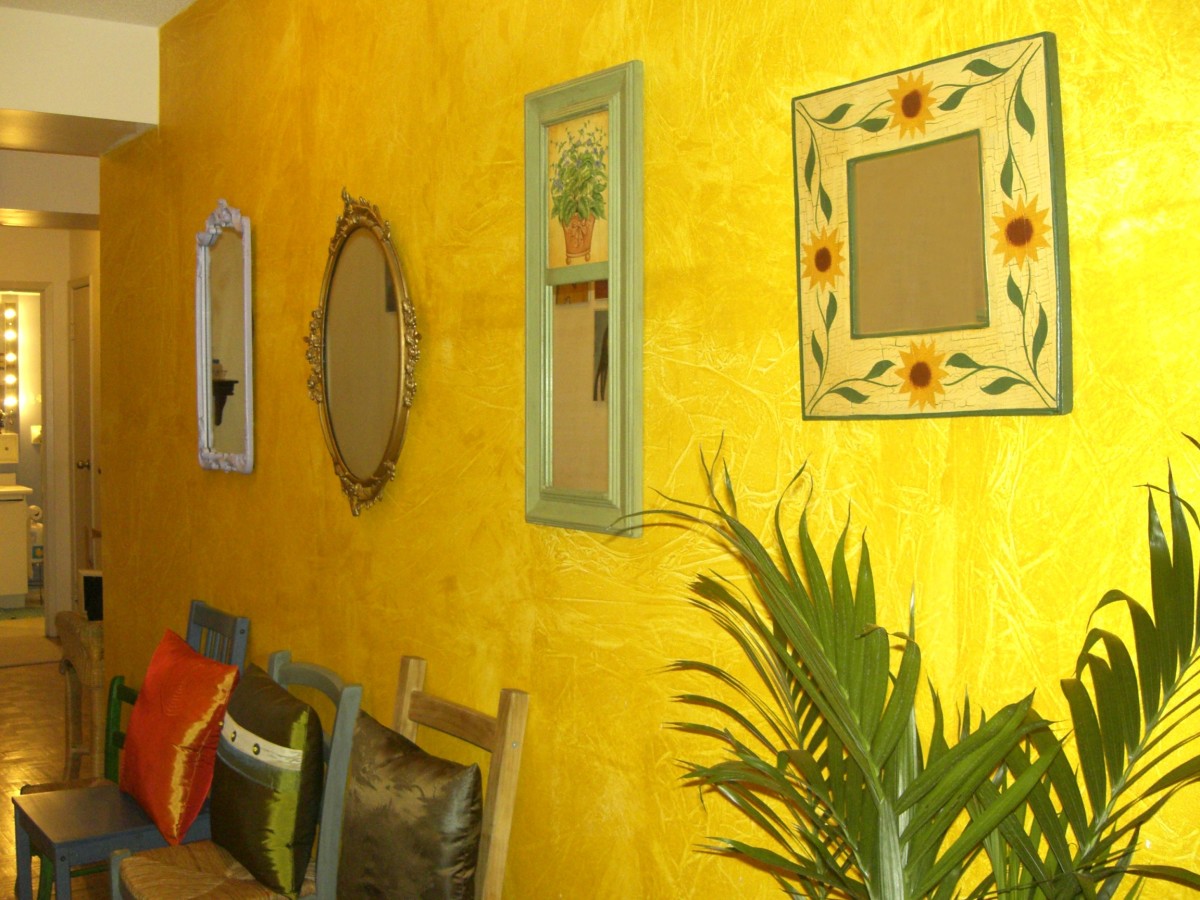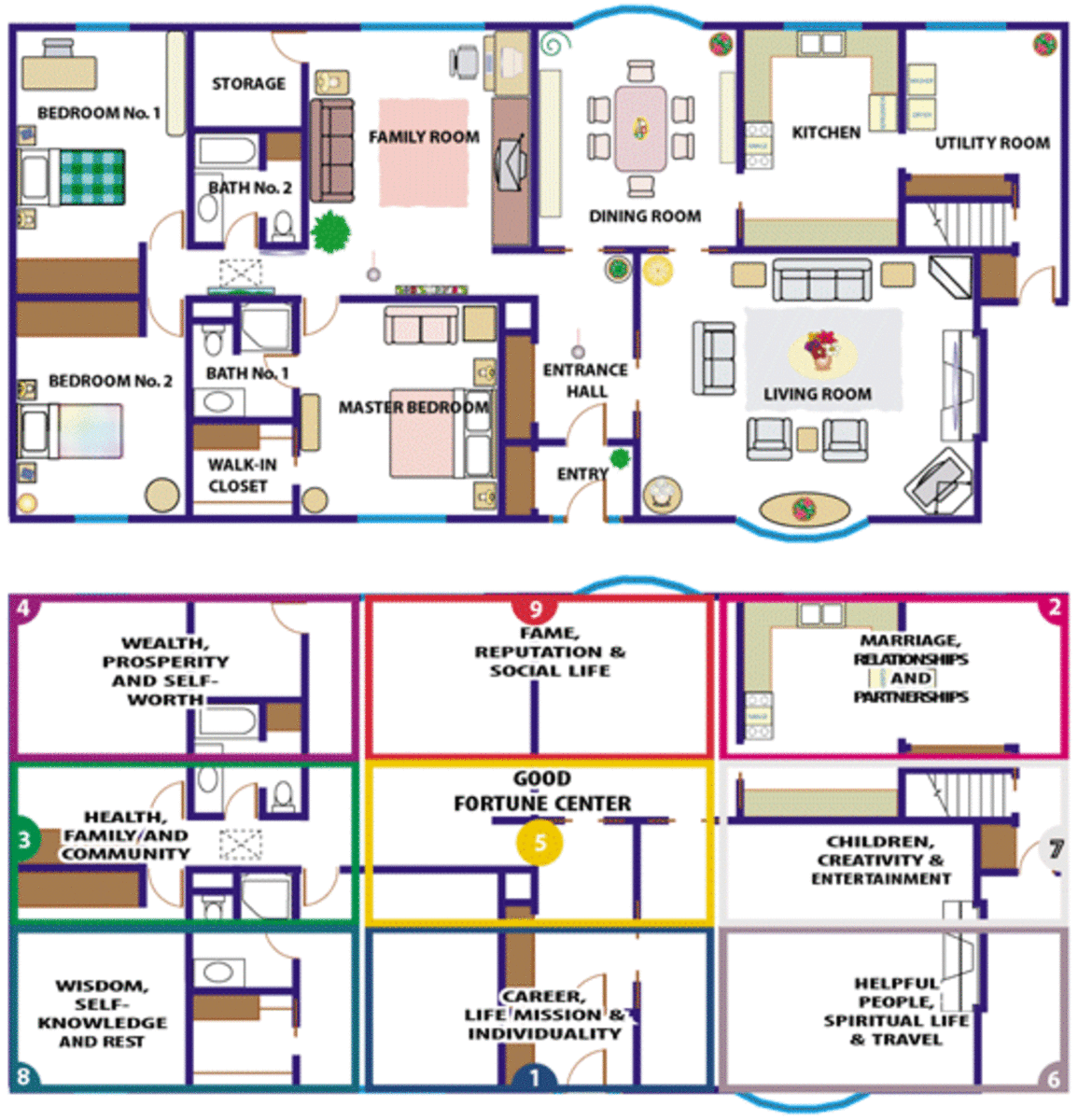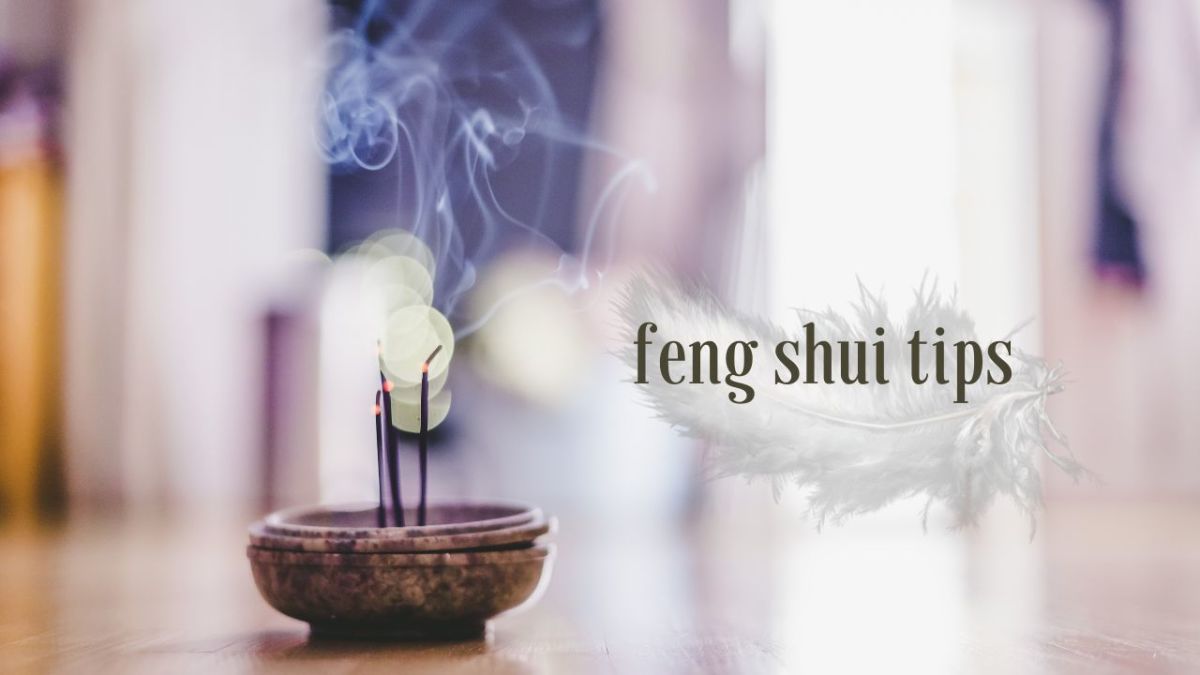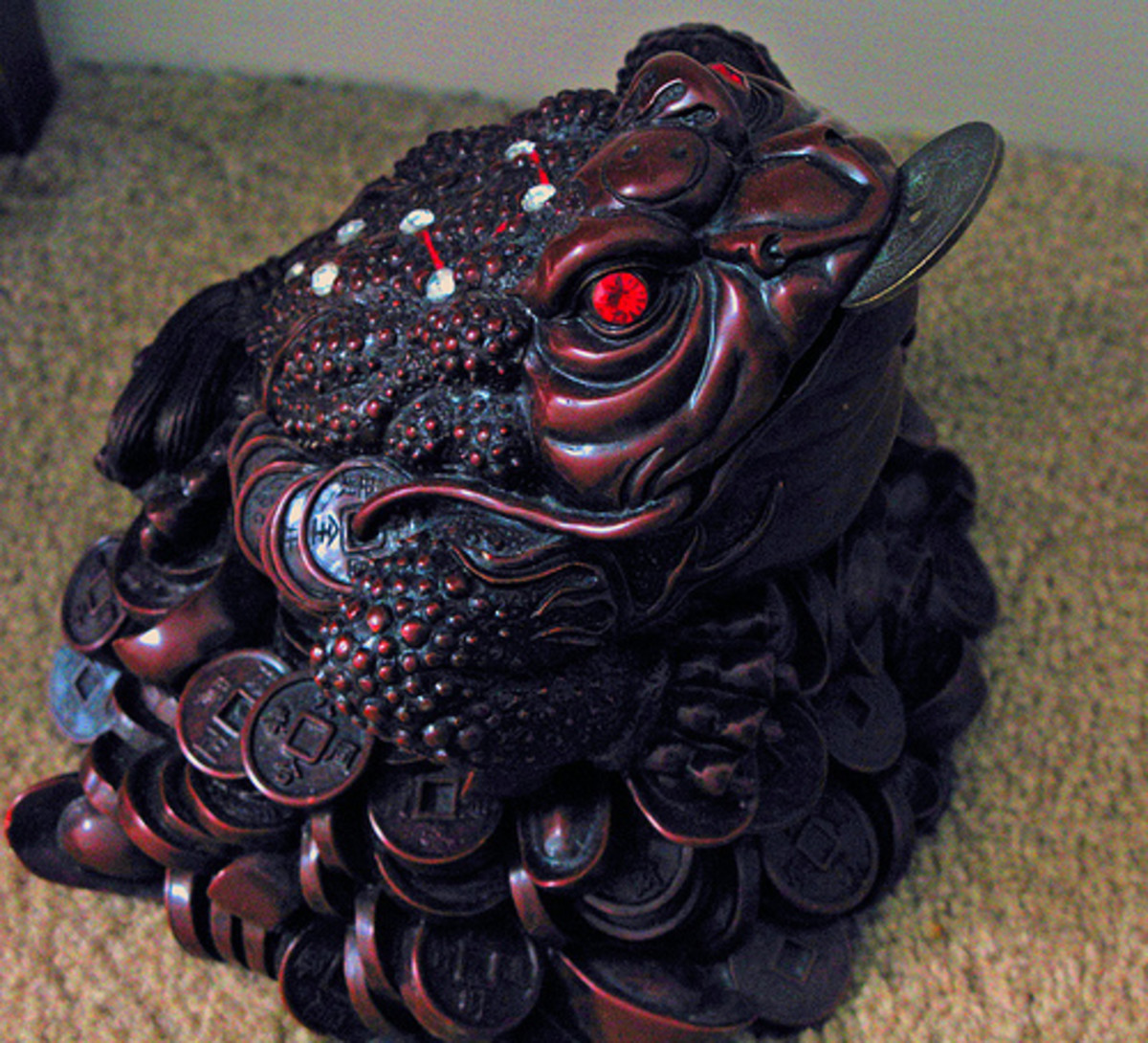Five Practical Applications of Feng Shui in The Home
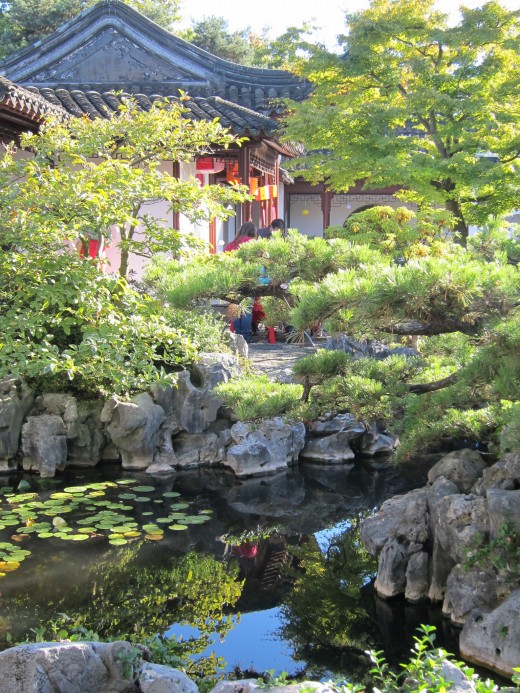
Feng Shui is an ancient philosophy that works to harness the forces and energy (chi) of nature and the earth. Working with this chi rather than against them is believed to enable us to reach our full potential in life as well as create a positive and pleasant environment for us to live in. Feng shui can be used balance the energies present around you, which in turn can help to improve your home environment as well as your health, moods, relationships, creativity and career. Feng shui can also be used in other spaces such as your office or work environment and garden.
There are many small and simple ways that you can use Feng shui to bring these benefits into your life. It’s likely that you have some of the items in your house already and careful placement of these is all that will be needed to boost the positive energies around you. If you are buying items these do not have to be expensive or fancy to work as these cosmetic factors have no bearing on Feng shui. One thing that you may wish to consider is cleansing items that you bring into your home, particularly if they are secondhand. This process removes the energies that the item may have collected before coming to you and can be as simple as leaving the item in the moonlight overnight. Negative energy can collect in items and by bringing them into your home; you bring this energy with them. It can then have an effect on you and the energy of your home or space. Items can also be placed in salt or soaked in clean water to cleanse their energy but take care that these methods will not damage the item.
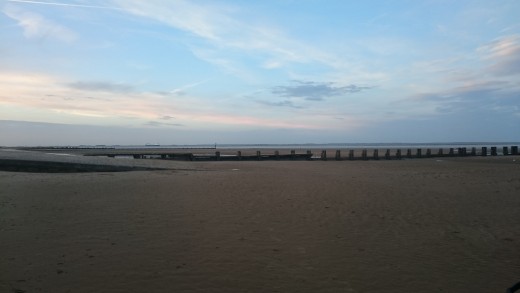
1. Water - A Healing and Refreshing Force
Within Feng shui the element of water is one of gentleness and grace that can either be a greatly healing or equally destructive force. It is an incredibly powerful force of nature that has the ability to exist in several forms and expressions. Water can transform from liquid to a solid (ice) or gas (steam) and is found in various forms all over earth such as in rain, lakes, oceans as well as underground. Water is essential for life and a large percentage of the human body is made up of water that can be found in cells, blood and bones and other bodily structures. This water inside us reacts with water that we come into contact with or are close too. The qualities of the water that we spend time near can have a positive or negative effect on the chi (energy) of the water within our bodies. Fresh clean water such as that found in spas and springs will have a positive and healing effect on our bodies and in reverse dirty or polluted water can cause our water chi to become weak. When used in Feng shui water helps to increase harmony, renewal, flow and purity to the space and people close by. It is an ancient symbol if abundance that can bring freshness to a space.
The element of water can be bought into your home in many ways and these do not necessarily have to include physical water. When decorating room water energy can be incorporated by using shades of blue to paint walls or in furnishings such as sofas, carpets, curtains and cushions. If you wish to have water physical present in your home one simple approach to this is to place bowls of clean, fresh water on a table or other suitable surface. However if you chose this approach it is important to change the water everyday so that it does not become stale and promote negative chi. Another method of adding water to your space is to include indoor water features or an aquarium. Water features are most effective when placed in the east or southeast of your home or room. Photographs and paintings of water and mirrors also bring the energy of water to a space.
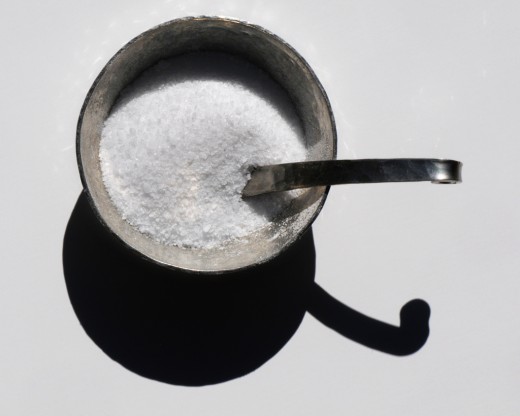
2. Salt for Cleaning Negativity
Salt is a crystal that is absorbent and drying. It can be used in cleansing and purifying items and spaces as it will absorb any negativity that is present and refresh the energy present. Salt can also be used in cleansing baths to help remove negative energies from a person and this can be beneficial if you have to spend time around negative people or in places that have an abundance of negative energy. Salt is also believed to increase the negative (beneficial) ions in the air, particularly when using a salt lamp. Negative ions help to increase the flow of oxygen to the brain resulting in alertness and increased mental energy.
Within Feng shui salt represents the element of earth and although it is cleansing it should be used be used sparing. The absorbent properties of salt are highly beneficial when used in a targeted and controlled way, for example in cleansing specific items but many people believe that its absorbent abilities are not limited to negative energies and that it can also remove positive and beneficial energy from around you. Many people also believe that the drying effect of sale can lead to lethargy and feelings of despondency. Interestingly one element of Feng shui that uses salt is known as a salt cure and is very popular in some circles. As with water, salt is found within the human body and is essential for life. Any salt in our environment connects to the salt in our bodies and helps to improve stability and to purify our chi.
If you decide to use salt within your Feng shui practice there are many simple ways to do so. It is important to note that the salt used should be an unrefined salt such as Himalayan or sea salt rather than table salt. Epsom salts can also be used and these are a great choice for cleansing baths as they often many additional health benefits. A few examples of using salt around your home include:
- Placing some fine or coarsely ground sea salt in small bowls or other small uncovered containers around your home
- Sprinkle salt on to floors last thing at night and then vacuumed this up in the morning
- Placing salt lamps or bowls of Himalayan salt chunks around your home
- Taking salt baths
Bowls of salt placed around your home should be changed at least every two months to maintain the positive and cleansing effects and avoid a build-up of stale chi. For Feng shui purposes salt is most affective if used in the north east or south west of your home.
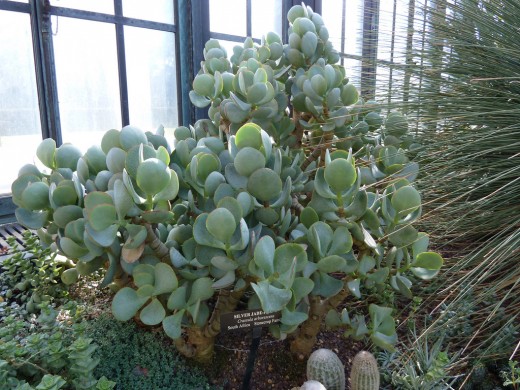
3. Plants bring Vibrant Energy and Cleanse the Air
Including plants in your home is an excellent way to benefit from the positivity of Feng shui. As a living thing, healthy plants bring vibrant energy into an environment and can also help to reduce air pollution. They are a particularly good addition to modern buildings as these are often heavily insulated and built using many synthetic materials – both of which inhibit the natural flow of chi.
If you decide to include plants in your home it is vital that they are kept healthy and that wilting or dead leaves and flowers are removed as soon as possible. The plants can be kept in a wide variety of ways although in some cases this may depend on the type of plant you have chosen. There is a huge range of decorative indoor pots and containers that can be used to hold plants and you do not have to restrict yourself to using only specifically designed plant pots. If space if limited plants can be placed in plant hangers (often made using macramé) or you could use wall mounted planters. To ensure that your plants will be happy and healthy take care to check on their requirements: for example sunlight and soil preferences and how often they need to be watered. These requirements can also help you to decide on which plants will be best for you based on your habits and home environment. Plants that require infrequent watering can be ideal for busy or forgetful people and plants that thrive in humid places can be good choices for bathrooms and kitchens for example.
Air purifying plants such as the areca palm (Chrysalidocarpus lutescens) and Boston fern (Nephrolepis exaltata) are great choices for Feng shui purposes. Mother-in-law’s tongue (Sansevieria trifasciata) is often considered a good choice as it has protective qualities, though some users of Feng shui chose to avoid it due to its pointed leaves. Another plant that is common in Feng shui practice is the jade plant (Crassula ovata). This is a succulent that is often known as lucky or money plant as it is considered great for attracting money to your home. Plants themselves are connected to the wood element and soil is to earth. Climbing plants and vines are thought to encourage chi to flow whereas low plants with a spread of leaves help settle chi. Plants that are loose and more floppy may help to bring a relaxing feel to a room and many people believe that plants possessing pointed leaves such as those of the yucca plant should be avoided. This also includes cacti due to their spiky nature.
Plants can be used to stop chi stagnating in the corners of rooms and other small spaces. The east, southeast, and south areas of your home or space are excellent choices for placing plants as these are enhanced by the wood energy.

4. Mirrors Help to Increase Space and Light
Mirrors are a useful object that can be used within Feng shui as a powerful boost of water energy. They are most effective when used in the east, southeast and north areas of your home or space. Mirrors are also a good way to attract Sheng Chi into your home as this energy is refreshing, uplifting and greatly beneficial to your life and well-being. Mirrors can be used to create an illusion of space and increase light so are ideal for placing in small, narrow or dark spaces. As they represent the water element mirrors can help to calm busy, chaotic and hectic homes or work spaces by creating a more relaxed and naturally flowing energy.
Mirrors are used in a number of ways and the shape and frame material should also be taken into consideration when choosing mirrors for you space. Concave mirrors are used in Feng shui but are mainly placed outside rather than within the home. Convex mirrors such as those sometimes used on concealed driveways and other paths and roadways are thought to have protective qualities are also mostly used outside. Mirrors reflect chi and so should not be hung opposite doors, especially if the door leads outside, because this will cause the flow of fresh chi to be reflected straight back out. Followers of Feng shui believe that mirrors should not be placed opposite each other as this leads to chi being reflected back and forth between them, creating a very active but draining atmosphere. Other poor placements of mirrors included facing the main entrance of the house and directly facing or above your bed. Mirrors should not be kept once they are chipped or broken as this is thought to attract negative energy and block good chi.
It is good to have at least one full length mirror in your home, especially if you have young children. Being able to see a full image of yourself is believed to help in developing higher self-esteem and inner security.

5. Bells and Wind Chimes for Clearing Stagnant Energy
In Feng shui the sound of bells and wind chimes helps to bring in positive energies and prevent areas of acuminated stagnant energy. The gentle sound of these can also help to counteract the negative affect of busy traffic, building works and other harsh and dull noises, bringing balance. In addition, the healing tones of the chimes help to release blockages in our bodies, minds, and spirits, bringing a sense of peace and well-being into our lives.
The ringing of bells is believed to help distribute chi and also help to send your personal energy out into your surrounding environment. If a room has a dull or flat feeling take a hand bell and ring it while walking around the room. Pay careful attention to corners and alcoves or any similar areas where chi can become trapped and stagnate. The sound waves and movement of the bell get the energy flowing throughout the space again and also encourages fresh chi flow into the area.
IF you want to use wind chimes in Feng shui placement there are a few things to consider beforehand. These include the placement area, material of the chime, the number of chimes and any symbols or symbolism in the design. The material of a chime should always be matched to the element of the area in which it is being placed. For example a metal wind chime can be placed in the west, northwest and north areas of a space whereas a bamboo chime should be hung in the east, southeast and south. Another aspect of the chime to consider is whether the rods are solid or hollow. Hollow rods are believed to create an energising energy while solid rods are useful for containing or suppressing energies. Symbols and shapes that are part of the wind chime design can add to its beneficial qualities: for example a chime decorated with hearts could be used in the love and relationship area of your home (southwest). Bad placements of wind chimes with the home include hanging them over the door or above an area where people will sit or sleep. They should also not be hung in areas that cause a clash of elements, for example by hanging a metal wind chine from a tree. Like bells, wind chimes are a great addition to areas where stale energy can stagnate such as corners, under beds and in small spaces.
This content is accurate and true to the best of the author’s knowledge and does not substitute for diagnosis, prognosis, treatment, prescription, and/or dietary advice from a licensed health professional. Drugs, supplements, and natural remedies may have dangerous side effects. If pregnant or nursing, consult with a qualified provider on an individual basis. Seek immediate help if you are experiencing a medical emergency.
© 2012 Claire

